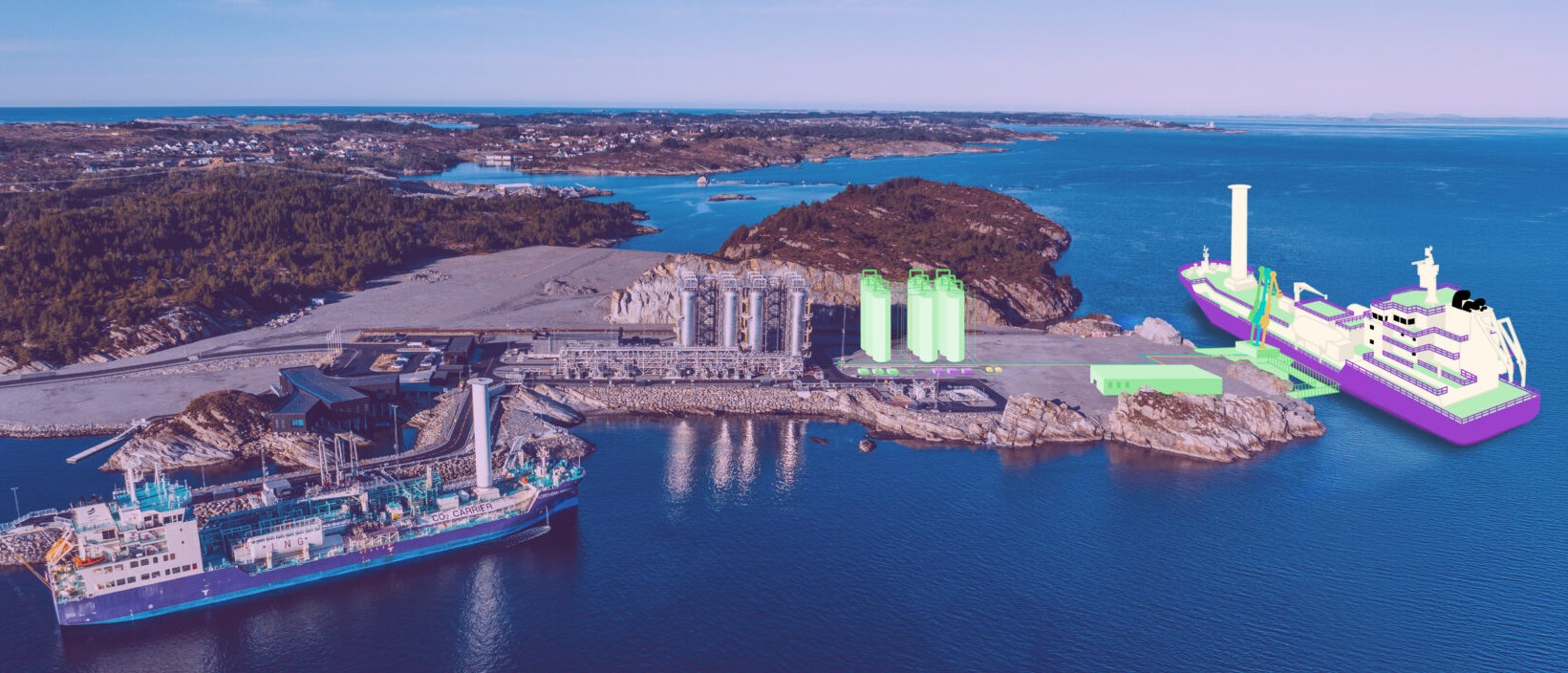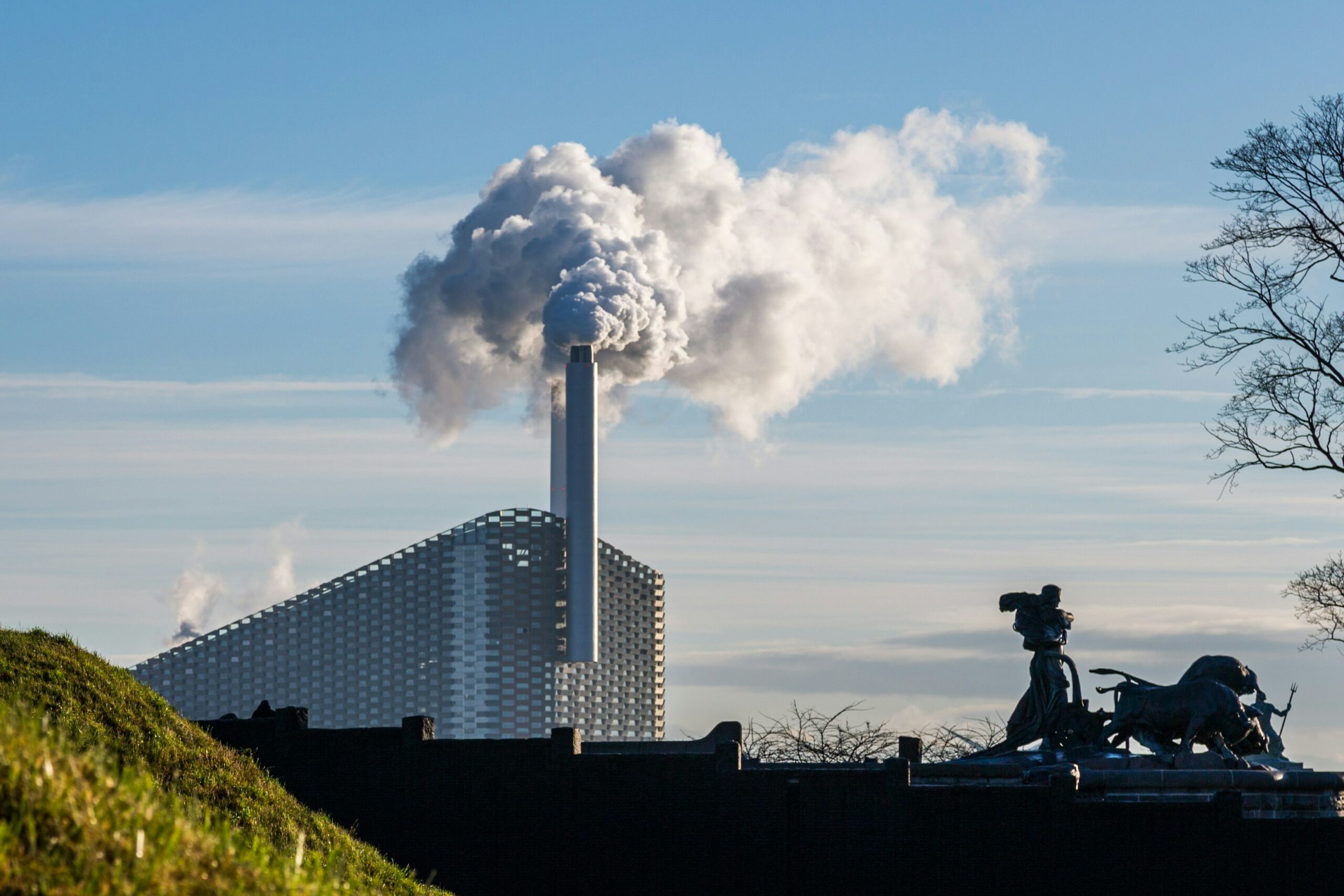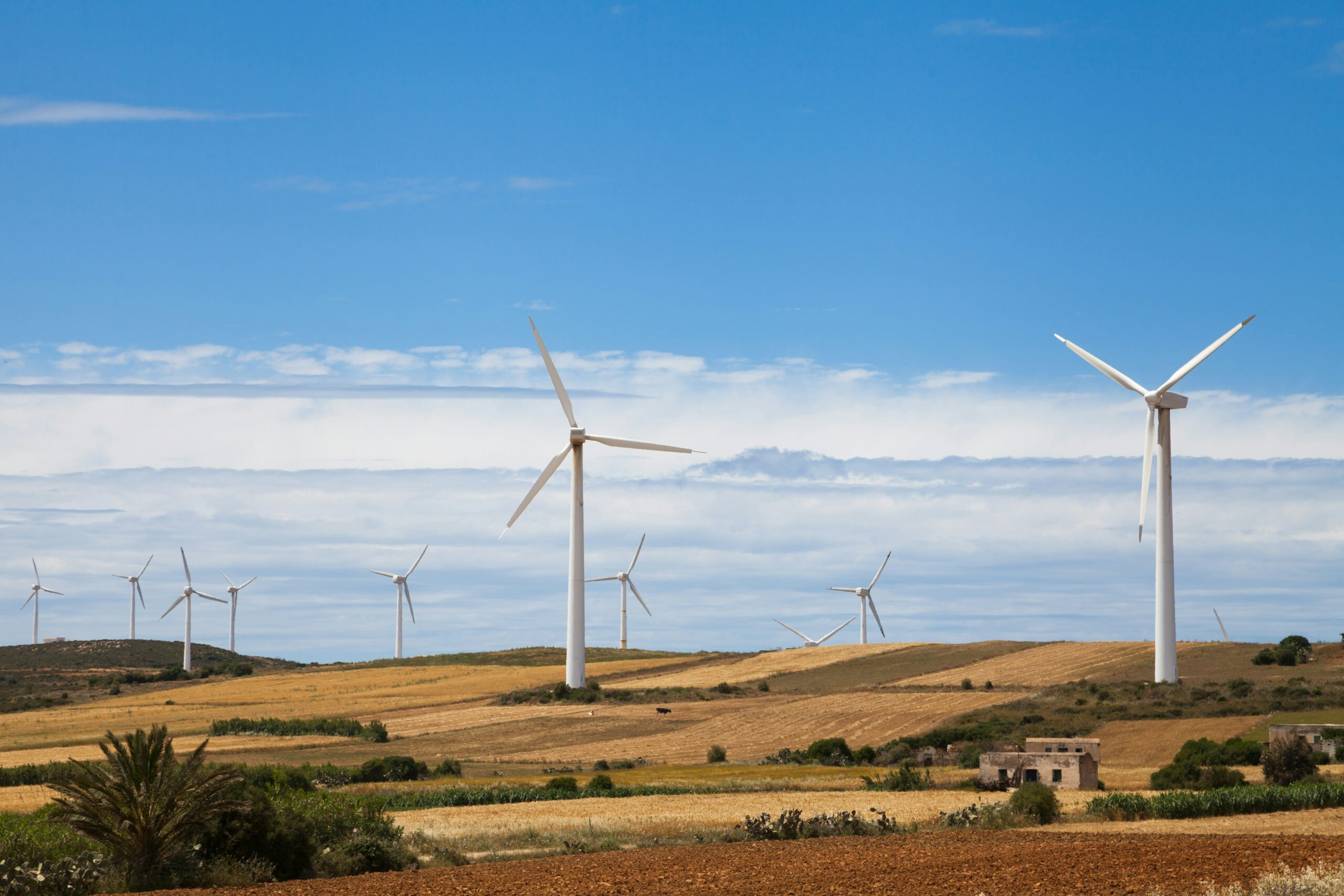Insider Brief
- Northern Lights project, a joint venture of Equinor, Shell, and TotalEnergies, will invest $700 million to expand Europe’s largest carbon capture and storage (CCS) project, boosting capacity from 1.5 million to at least 5 million tons of CO2 annually.
- The expansion follows a deal with Stockholm Exergi to store up to 900,000 tons of biogenic CO2 per year and includes €131 million in EU funding for new infrastructure in Øygarden, Norway.
- The project, part of Norway’s Longship CCS initiative, aims to scale cross-border CCS commercially and help decarbonize Europe’s hard-to-abate industries.
Northern Lights CCS: Scaling Cross-Border Carbon Storage
Europe’s largest carbon capture and storage project is expanding, with a $700 million investment and plans to more than triple its annual CO2 storage capacity.
Northern Lights project, a joint venture between Equinor, Shell, and TotalEnergies, announced the investment will increase its carbon transport and storage capability from 1.5 million to at least 5 million tons per year. The decision follows a commercial deal with Stockholm Exergi, a Swedish energy provider, to store up to 900,000 tons of biogenic CO2 annually for 15 years starting in 2028.
“The decision to expand our CO2 transport and storage services represents the next step in building a commercially viable CCS market in Europe,” Northern Lights project JV Managing Director Tim Heijn, said in a statement. He added that the Northern Lights project has been working with customers, industry partners, governments, and regulators to establish the CCS chain to have a real impact in Europe to achieve climate goals.

The new investment includes a European Union grant of €131 million through the Connecting Europe Facility for Energy (CEF Energy) program. Construction will add onshore tanks, pumps, a jetty, and injection wells at the existing Northern Lights site in Øygarden, Norway, as well as expand the fleet of ships transporting liquefied CO2.
EU Support for Infrastructure and Carbon Shipping Fleet
Anders Opedal, CEO of Equinor, said the support from the European Commission and the Norwegan government was instrumental in completing the first phase and moving the second phase forward. “That we are now able to progress the Northern Lights’ project second phase on a commercial basis, demonstrates the value of public-private partnerships to reduce risk and attract customers”, he said.
Carbon capture and storage, or CCS, traps CO2 emissions at the source—typically factories or power plants—and stores them deep underground. While the technology has been used for years in small-scale or pilot programs, the Northern Lights project aims to prove it can be deployed at a commercial scale across borders.
“Carbon capture and storage has a role to play in helping society progress towards net-zero emissions,” said Huibert Vigeveno, Downstream, Renewables and Energy Solutions director at Shell, adding that the Northern Lights project is part of Shell’s global CCS strategy.
The Role of Norway’s Longship Initiative
The Norwegian government launched the Longship CCS initiative in 2020 to support full-scale carbon capture and transport. The first phase of Northern Lights, developed under Longship, is already complete. The project is expected to begin operations in the summer of 2025 by receiving CO2 from a cement plant operated by Heidelberg Materials in Brevik, Norway.
TotalEnergies’ president of Exploration & Production Nicolas Terraz said the venture is “a concrete solution for the hard-to-abate industrial emitters in Europe, so that they can reduce their CO2 emissions and thereby secure their businesses’ sustainability.”
The deal with Stockholm Exergi coincides with that company’s announcement that its plans to build a full-scale Bio-Energy Carbon Capture and Storage (BECCS) facility at its biomass power plant in central Stockholm are moving forward. CEO Anders Egelrud said the partnership with the Northern Lights project lays the groundwork for “an entirely new industry” that could make the Nordics and Europe global leaders in carbon storage.








